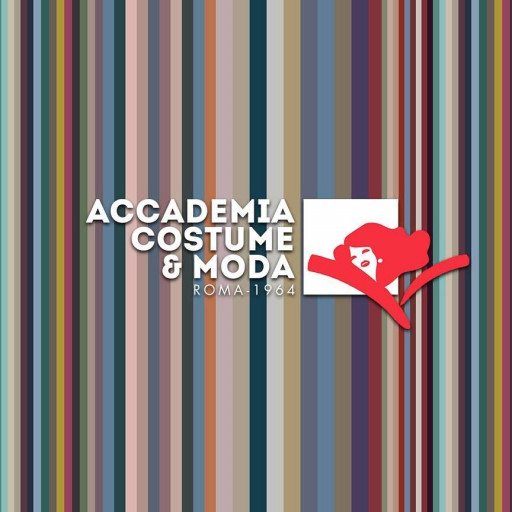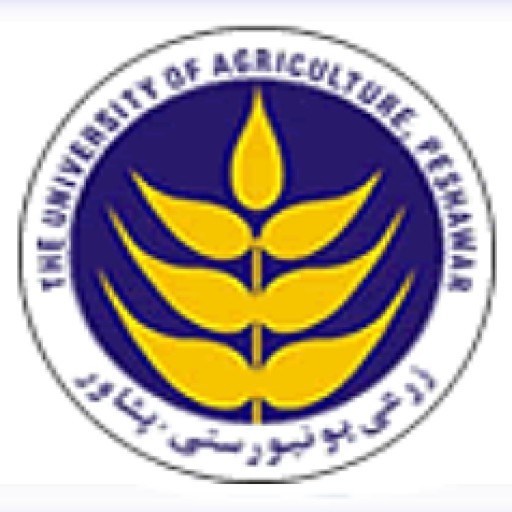Photos of university / #qutrealworld
This double degree increases livelihood options across communication and science fields. The communication program prepares students for professional roles in the rapidly evolving communication businesses. Students gain exposure to a wide variety of communication literacies and local and worldwide communication platforms through post-secondary instruction, international study experiences and involvement with world-leading research. Students will understand the significance of cultural diversity, including Aboriginal and Torres Strait Islander perspectives, in national and globalised communications environments. The science program offers a wide array of science options and the flexibility to tailor a science degree to satisfy student's individual interests and career ambitions. The real-world method of instruction ensures the course has a substantial practical component providing pupils with the skills sought by employers.
Journalism: Australian Writers' Association (AJA) section of the Media, Entertainment and Arts Alliance (MEAA). Graduates of every Science major qualify for associate or full membership of several discipline-based professional associations.
- Year 12, or equivalent
- Assumed knowledge: English, or Literature, or English and Literature, or English as Another Language (Units 3 & 4, C)
- Mathematical Methods or Specialist Mathematics (Units 3 & 4, C).
Want to improve your English level for admission?
Prepare for the program requirements with English Online by the British Council.
- ✔️ Flexible study schedule
- ✔️ Experienced teachers
- ✔️ Certificate upon completion
📘 Recommended for students with an IELTS level of 6.0 or below.
The Queensland University of Technology (QUT) offers various financing options for students enrolled in its Communication and Science programs. Domestic students have access to a range of financial assistance mechanisms, including government-funded study loans, scholarships, and grants. The Higher Education Loan Program (HELP) allows eligible students to defer the cost of tuition until after graduation, making tertiary education more accessible and affordable. QUT's scholarship opportunities are diverse, targeting high-achieving students, those from regional or Indigenous backgrounds, and students exhibiting financial hardship. These scholarships can significantly reduce tuition fees and may also provide additional funds for living expenses, study materials, or research projects.
International students pursuing Communication and Science degrees at QUT are required to finance their studies through personal funds, family support, or private scholarships. QUT provides guidance and support for international students to identify suitable financial aid options, including external scholarships, sponsorships, and loan programs available in their home countries. It is important for international students to budget carefully, considering tuition fees, accommodation costs, health insurance, and daily living expenses, which vary depending on the chosen city residence and lifestyle.
QUT also offers payment plans for tuition fees, allowing students to spread the cost over multiple installments that align with academic semesters. Students are encouraged to explore part-time employment opportunities during their studies, both on-campus and off-campus, to help cover living expenses. The university's Career Services can assist students in finding employment relevant to their field of study, which not only provides additional income but also valuable professional experience. Additionally, some programs include industry placements, which may offer stipends or remuneration to support students financially during practical training.
Financial planning is an essential aspect of undertaking higher education at QUT, and prospective students are advised to utilize the university’s financial advising services. These services provide personalized support to help students understand their financial obligations, explore various funding sources, and develop a feasible budget plan for the duration of their study. Furthermore, students are encouraged to stay updated on seasonal scholarships, bursaries, and emergency financial aid options offered by QUT, particularly for students facing unexpected financial difficulties.
Overall, QUT strives to make higher education accessible and affordable by offering comprehensive financial support options, flexible payment schemes, and dedicated guidance to ensure students can focus on their academic and professional development without undue financial stress.
The Bachelor of Communication and Science at Queensland University of Technology offers students a comprehensive education that integrates core principles of communication with scientific knowledge, preparing graduates for a range of careers in media, public relations, science communication, and other related fields. This multidisciplinary program is designed to develop students’ abilities in effective communication, critical thinking, and scientific understanding, enabling them to translate complex scientific concepts for diverse audiences. The curriculum typically includes foundational courses in communication theories, media studies, and scientific literacy, as well as practical modules such as media production, digital storytelling, and public engagement. Students may have opportunities to undertake industry placements, internships, or collaborative projects that provide real-world experience and foster professional networks.
The program emphasizes the importance of ethical communication and responsible dissemination of scientific information, aligning with current industry standards and societal needs. Students learn to analyze media messages, craft compelling narratives, and utilize modern digital tools and platforms to reach targeted audiences. Specializations within the program can include health communication, environmental communication, science journalism, and public relations, among others. The degree prepares graduates for employment in sectors such as broadcasting, scientific organizations, government agencies, non-profit organizations, and private consultancies. It also offers pathways for further study, including honours or postgraduate research in communication science or related disciplines. With access to state-of-the-art facilities and a supportive academic environment, students are equipped with both theoretical knowledge and practical skills necessary for success in dynamic communication and science fields.











